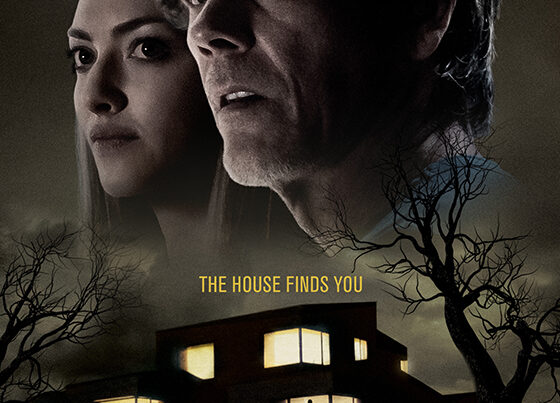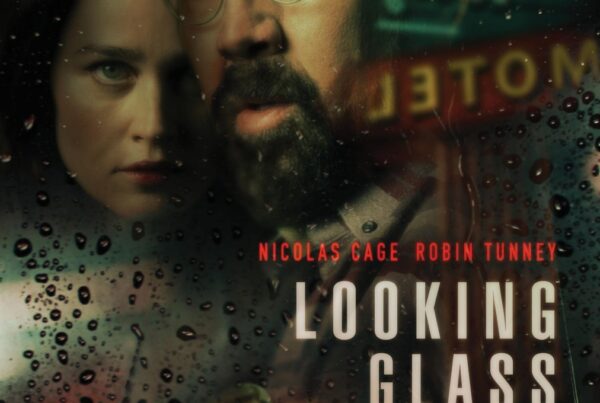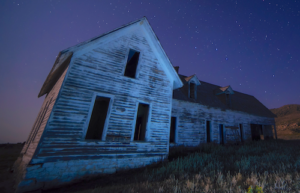Staunch Test PASS.
Fred Onyango considers the legacy of Dune.
Two female characters die in this film, but I would say it’s a #Staunch Test Pass. The women were killed as an act of war. And their characters were fleshed out and weren’t just killed off to move the plot along.
Denis Villeneuve’s Dune is a multi-layered science fiction epic about the interconnection of exploitation, religion, and politics. It’s based on the Frank Herbert novel of the same name from 1965 that’s already been adapted multiple times. You might assume that would make the dramatic narrative that drives the story antiquated but far from it, it has never really been done right. Until now.
This film is simply outstanding.
Dune is set in the year 10191 and it follows the coming of age of Paul, the heir of House Atreides, as he struggles to fulfil all the expectations placed on his shoulders. His father Duke Leto, the Duke of Atreides, is currently the ruler of an ocean planet and the overall Emperor has just offered him stewardship of a harsh desert planet that is currently being exploited for a spice mineral that is said through narration to be able to improve vitality.
When you first settle in the film, there’s a sense of awe that’s inspired by the vastness of the interplanetary existence that humans have achieved. Villeneuve holds scenes that just show us these planets for an extended period that’s almost reminiscent of Samsara (2011). However, impressive cinematography alone does not quite make an interesting film, such scenes are reserved for the opening half-hour where most of the criticism of this film is laid because of the info dump required to properly set up such a vast story world. Those scenes are not wasted because the audience subtly gets to understand just exactly how far the armies and people need to travel to get from one planet to another.
The majority of the audience already know by now that this is just the first part of a story they hope to expound upon depending on how it’s received. So the challenge of creating a narrative that was both satisfactory in its own right yet still promised of a grander arc was always looming and where the film directs us is the story of Paul coming into his own. When we first meet him he’s unsure of his place as the heir and is also made uncomfortable with his status as the apparent messiah to the empire, believed mostly by the Fremen (a tribe of desert dwellers)- but as the story progresses he finds that there are no alternative options for him except accepting the call to being what’s expected of him. And in that sense, Dune manages to have its cake and eat it too.
In regards to how Dune treats its women characters, it’s the best exemplification of agency that you will ever hope to see in a film. The different women characters are shown to possess nurture, mystery, servitude, martyrdom. In fact, the entire theme of doubt is exclusively portrayed through the women characters. There’s a particular sense of strength and choice that’s just expressed by the existence of doubt.
There’s a sense of relief to finally see a blockbuster targeted towards adults that just stick you right in the middle of the action without worrying about losing the casual audience member who may get lost. In contemporary blockbusters, we have grown to expect certain road signs and it’s usually just a narcissistic villain who wants a thing to rule the world and a team of heroes there to stop him. It was refreshing to see a film where different characters wanted different things and created temporary alliances to achieve these goals. I hope this was just the beginning, not only for Dune but for the future of blockbuster filmmaking.
Fred Onyango





